National Harbor, MD–In a brief interview, House Speaker Paul Ryan (R-WI) discussed his crusade against poverty in America. The speaker noted that we’ve warped the definition of success in the fight against poverty. We now consider the number of times we’ve expanded government programs, and the number enrollees, as positive benchmarks. We need to turn this around, and try to help people come off those programs and back on their feet. Success should be how many people we can get off those anti-poverty programs.
Concerning more government regulations, it’s a destroyer of all things. Ryan said all regulations do is raise the cost of energy, clothes, and food. It makes it harder to create jobs, which is the main driver that lifts people out of poverty.
In January, Ryan and Sen. Tim Scott (R-SC) hosted the Jack Kemp Foundation’s Forum on Expanding Opportunity with the 2016 Republican candidates at the Columbia Metropolitan Convention Center. Bob Woodson, who Ryan described as a mentor, was present at the event.
Ryan offered kind words to Woodson, who he sees as someone who constitutes the point of the lance in fight on poverty. Woodson founded the Center for Neighborhood Enterprise, which applies conservative principles to lift people out of economic distress. He also noted activists should focus on the people in these impoverished communities who have, more or less, on a social unit level; they’ve kept it together, and this is where the ideas for helping that community could be fostered. After all, the family, as a social unit, is key in the journey out poverty:
[Woodson said] We need to go and listen to folks in these communities. Not many in the political class have had the gumption to venture into these unfamiliar waters. Also, we should put an emphasis on those poverty-stricken neighborhoods that haven’t resorted to drugs, where the dropout rate isn’t reaching epidemic proportions, and have raised families as best they could, given their economic conditions. On a social unit level, they’ve remained firm, despite being poor. This is where ideas for innovation on combating poverty are born because having stable families provides the staging ground to finish the job. These people have found ways to make lives stable. The next step for these communities relates to providing them with economic opportunities, which is so much easier than addressing societal deficits that often hinder relief efforts.[…]
Woodson reminded us that work isn’t the panacea for poverty, especially for those who are poor due to moral failures, or what he called “category IV” poverty. What those people need is transformation, and just because they have personal flaws doesn’t mean they’re unredeemable. A job cannot do that alone. Resources to moral leaders in these low-income neighborhoods attach itself to those themes of redemption and personal transformation is a start in helping that subset of America’s poor. Woodson later clarified that he sees four classes of poverty. Class I are folks who are just poor; Class II are those who remain poor because working more means they lose benefits; Class III are people in poverty due to mental or physical disabilities; and Class IV are poor due to risky social behavior (i.e. drugs and prostitution). He also credited Speaker Ryan for visiting more crime-infested and poverty-stricken neighborhoods than most members of the Congressional Black Caucus, often without press. Woodson told Ryan it was time to show what you’re doing with these people–hence, the Comeback Series sponsored by Opportunity Lives that was played pervasively throughout the conference.
Recommended
Fighting poverty plans to be a priority in Speaker Ryan’s agenda.


















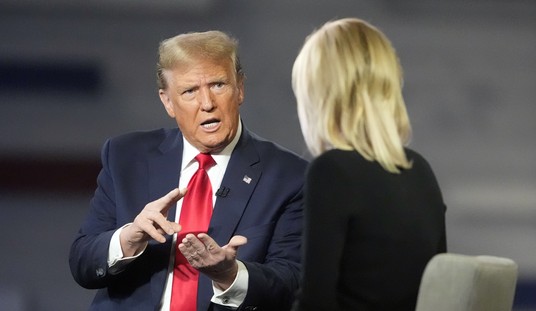
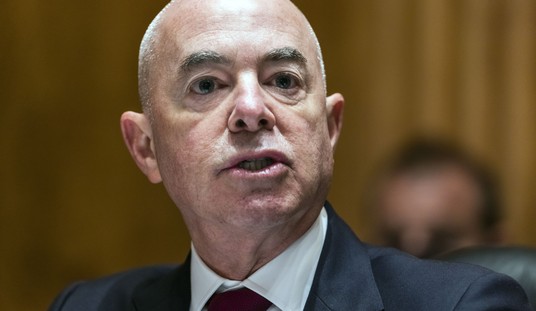
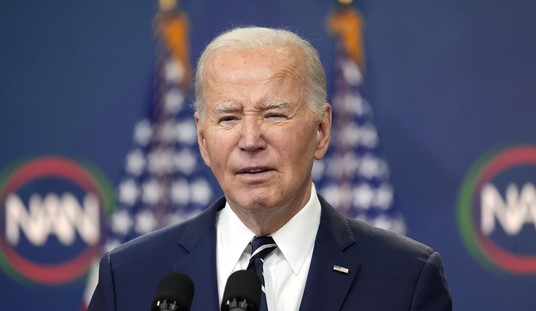

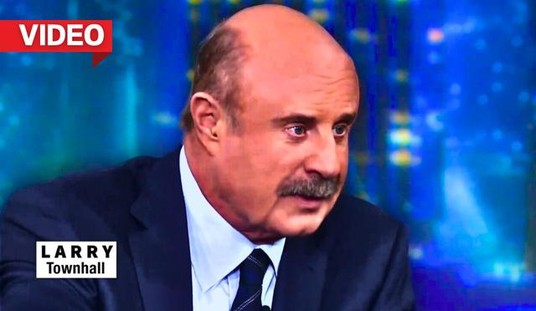
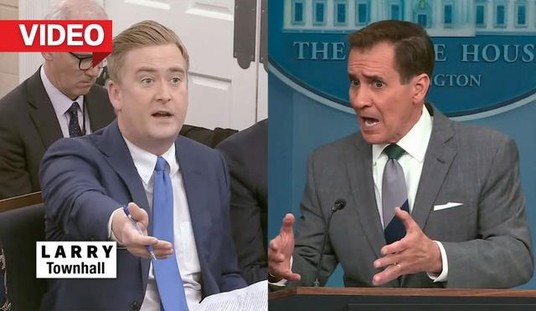

Join the conversation as a VIP Member